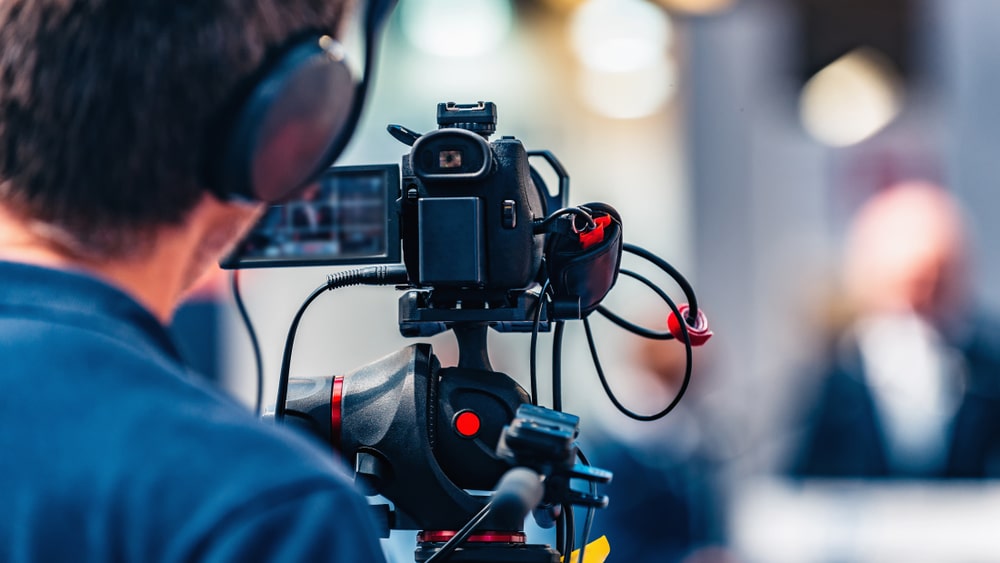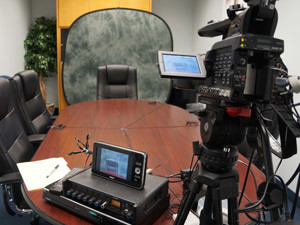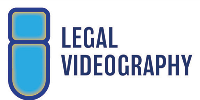The Duty of Legal Videography in Depositions and Trials
Lawful videography has actually arised as a crucial device in both depositions and tests, supplying a diverse method to documenting witness testimonies. As lawful specialists significantly acknowledge its value, it prompts a much deeper exam of exactly how these visual records can affect juror understandings and trial outcomes.
Relevance of Lawful Videography
Legal videography plays a pivotal duty in the documents and presentation of depositions and trials. This customized area combines technological abilities with legal expertise to produce a trustworthy record of proceedings that can dramatically influence case end results. The appearance of lawful videography enhances the understanding of witness testament, enabling jurors and judges to observe not just the talked words however also the demeanor, feelings, and body movement of the witnesses.

The value of lawful videography extends beyond the court room; it additionally plays an essential duty in protecting evidence for future reference, whether for allures or additional legal action. Its integration into the lawful process is crucial for making sure a fair and exact representation of the facts, eventually contributing to the search of justice.

Process of Legal Videography
While catching the subtleties of depositions and tests, the process of lawful videography entails several vital actions that ensure top notch, exact recordings. An expert lawful videographer prepares by assessing the instance materials and understanding the particular demands of the deposition or test. This prep work consists of acquainting themselves with the individuals and the context, which aids in catching significant details.
On the day of the recording, the videographer sets up the necessary equipment, which generally includes high-definition cams, microphones, and correct lights. Making certain optimum angles and audio top quality is essential, as it directly impacts the effectiveness of the recording. The videographer communicates with attorneys and individuals to develop procedures, making sure that everybody comprehends the recording process.
During the deposition or test, the videographer diligently tapes the procedures, paying very close attention to both verbal and non-verbal signs. legal videography. This consists of catching the behavior and reactions of witnesses and attorneys. After the session ends, the videographer may edit the video for quality and compliance with legal criteria, creating a final item that properly shows the proceedings for future referral and use in legal contexts
Advantages in Depositions
The consolidation of videography in depositions offers countless benefits that enhance the total process of collecting evidence. One main benefit is the capacity to catch witness testimonies with aesthetic and auditory integrity, offering an extra precise representation of the witness's attitude, tone, and body language. This multidimensional strategy enables lawyers and juries to analyze reputation much more effectively than standard written transcripts alone.
Furthermore, videographed depositions function as a continue reading this powerful device for preserving testament. Should a witness ended up being unavailable for trial, their videotaped deposition can be played in court, guaranteeing that their proof remains easily accessible and pertinent. This facet significantly minimizes the threat of losing vital details that could affect instance outcomes.
Moreover, the usage of legal videography promotes much better prep work for lawyers. Reviewing video footage enables lawful groups to analyze and refine their techniques, recognizing strengths and weaknesses in their cases. This preparatory advantage can cause view it even more engaging discussions in court.
Lastly, videography enhances the general expertise of the deposition procedure, instilling confidence in clients regarding the thoroughness of their legal representation. By leveraging innovation, lawful experts can substantially boost the performance of depositions.
Influence On Tests
In several tests, the combination of videography can substantially affect the discussion of evidence and the jury's understanding. Legal videography captures witness testimonies and crucial evidence in a dynamic format, allowing jurors to engage with the product on numerous degrees. This aesthetic element improves the storytelling aspect of a test, giving context and psychological vibration that standard text-based evidence may lack.
Moreover, video clip recordings can act as powerful tools for impeachment throughout interrogation. When disparities emerge in between a witness's prior statements and their courtroom testament, video clip proof offers an objective reference that can sway jurors' point of views. This immediacy and clearness can reinforce the integrity of a celebration's narrative while simultaneously navigate here threatening opposing disagreements.
Additionally, using videography can aid enhance complicated information, making it more obtainable to jurors that may struggle to realize intricate details presented solely via spoken statement. By combining visuals with acoustic information, lawful videography can improve retention and understanding, ultimately influencing the court's decision-making process. Therefore, the effect of videography in trials extends past mere appearances; it plays a vital role fit the lawful landscape and results.
Future Trends in Legal Videography
As we look towards the future of legal videography, a number of arising trends promise to reshape its function within the court. One significant trend is the assimilation of synthetic knowledge (AI) in video clip evaluation and editing - legal videography. AI can improve the procedure of recognizing key moments in taped depositions, permitting lawyers to quickly access relevant material, consequently boosting performance in case preparation
In addition, the increase of online reality (VIRTUAL REALITY) and increased reality (AR) modern technologies is anticipated to transform just how jurors experience proof. By immersing jurors in a substitute atmosphere, these technologies can give a much more profound understanding of complicated scenarios, bring about even more informed deliberations.

In addition, the raising need for remote depositions, sped up by the COVID-19 pandemic, will likely proceed. Legal videographers will need to adjust to brand-new software program and systems to make sure high-grade recordings in digital settings.
Finally, the growing focus on information protection will certainly require stricter methods for saving and sharing video evidence. As the legal landscape evolves, lawful videographers have to remain abreast of these patterns to preserve their relevance and performance in the judicial procedure.

Verdict
In summary, legal videography offers a critical function in the judicial process, boosting the integrity of depositions and trials. As innovation proceeds to develop, lawful videography is positioned to further transform its function within the lawful landscape.